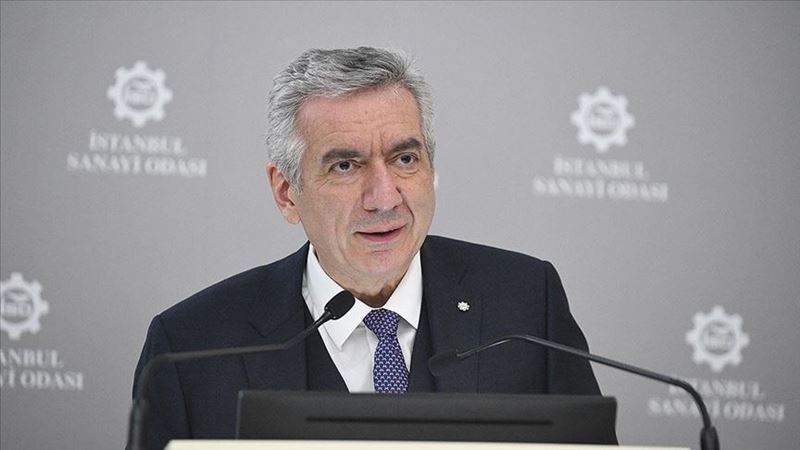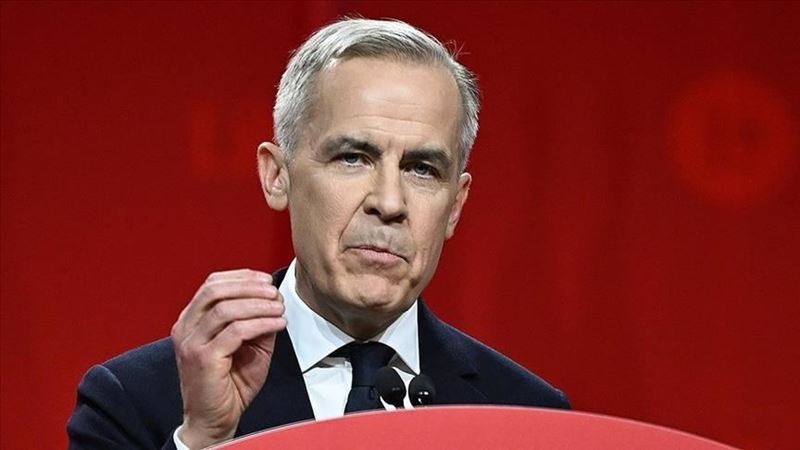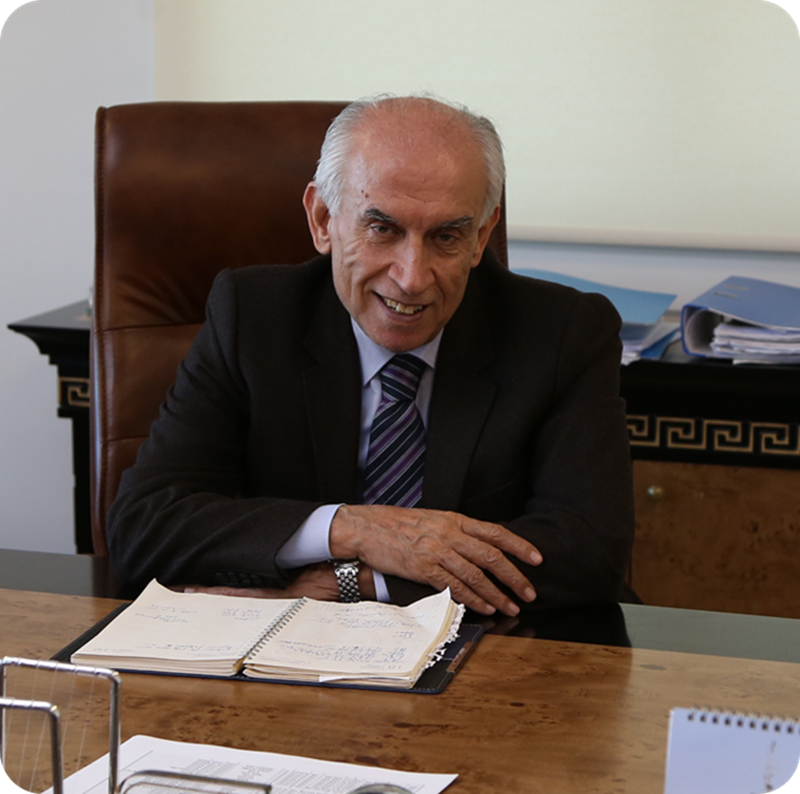The declaration released after the 18th G20 Leaders Summit hosted by India with the slogan "One World, One Family, One Future" included dynamic targets for climate action.
Stating that they will work towards providing low-cost financing to support developing countries in their transition to low carbon/emissions, G20 leaders committed to continue efforts to triple renewable energy capacity globally.
While G20 countries agreed on the amounts needed for the transition to clean energy for the first time, the leaders also noted the need for developing countries to meet their emission targets by 2030, amounting to 5.8-5.9 trillion dollars.
In his statement, Erdal Bahçıvan said that the effects of the climate crisis on the planet and consequently on the business world have become one of the main factors shaping the future of the industrial sector.
Bahçıvan pointed out that the developments in the European Union, which is Türkiye's most important market, have made the steps to be taken in the fight against climate change even more important and said, "In addition, we see the determination of our country's net zero emission target for 2053 and the studies carried out under the initiative of the highest levels of the state, especially the 'climate law', as important steps towards decarbonization of the industrial sector based on international competition."
Bahçıvan emphasized that the inclusion of Green and Digital Transformation among the priority structural reform areas of the recently announced Medium Term Program (MTP) for the 2024-2026 period is very valuable in terms of revealing the vision of the country.
Bahçıvan said that as industrialists, they attach importance to the program's encouragement of domestic production and its focus on technological transformation and added, "As ISO, we continue to keep the issue of sustainability in our focus with the awareness of what the new era in production brings and to provide support to our members by establishing collaborations with competent institutions and organizations in this field."
"Sustainability will be the most important component of individual and corporate life"
Erdal Bahçıvan stated that the zero carbon target stands out as an extremely vital issue for the industry, and that there have been huge industrial, economic and geopolitical transformations in this context.
Explaining that business models have changed and sectors have transformed, Bahçıvan said:
"The production understanding of our age points to a new order in which sustainability criteria come to the fore in all processes, product, raw material and technology selection. In this direction, while the importance of technology-oriented production is increasing, it is becoming a necessity for the industry to be greener, more circular and more digital in order to be globally competitive. In addition, sustainability, which will continue to be the most important component of individual and corporate life in the coming period, offers a new window of opportunity for our country's industry. Therefore, it is critical that long-term plans and efforts are geared towards achieving sustainability goals. Finally, we can say that organizations that internalize sustainability strategy and make it a part of their management approach will stand out in competition. For this, it is necessary to manage social and governance impacts as well as environmental impacts with a holistic perspective."
Bahçıvan stated that green transformation undoubtedly brings with it a significant investment cost, and pointed out that the fact that the total green bond issuance exceeded 2 trillion dollars by the end of 2022 is an important indicator in this sense.
"We support all industrial organizations in the transformation process"
Emphasizing the need to internalize the economic, social and environmental dimensions of sustainable development, ISO President Bahçıvan said that the ISO continues to focus on sustainability in all its activities, from vocational training to R&D and technology studies, from energy to foreign trade.










Comments
No comment yet.